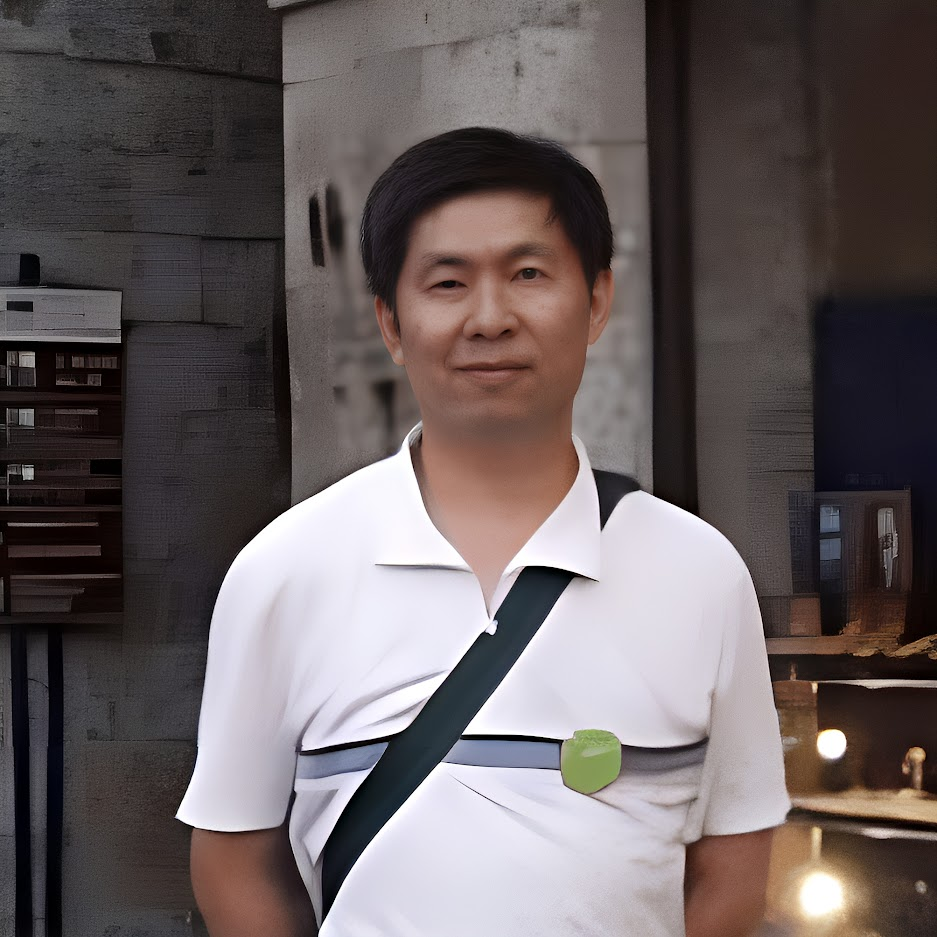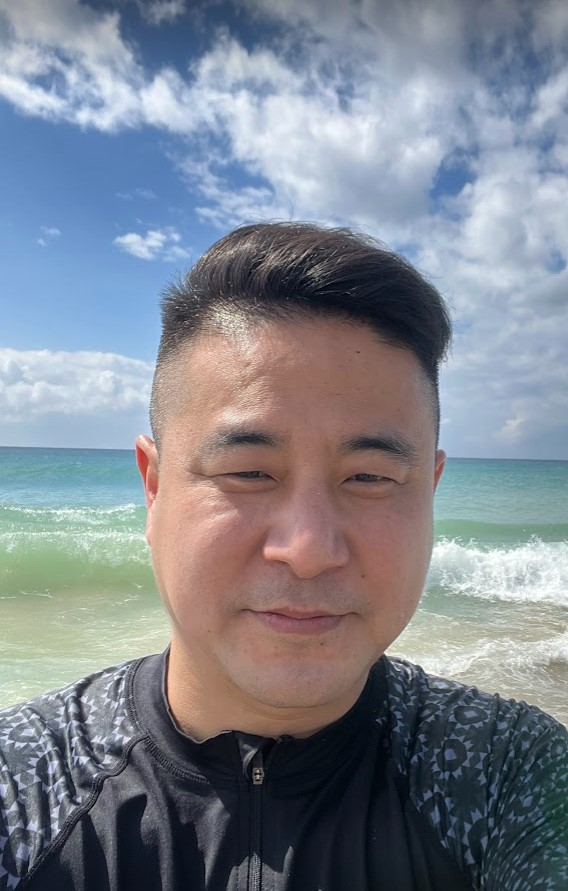Main Campus Address: No.2, Shi-Da Road, Changhua City
website:https://en.ncue.edu.tw/bin/home.phpIn June 1992, the United Nations invited all countries worldwide to participate in the Earth Summit, during which those participating adopted Agenda 21 as an action indicator for promoting sustainable development globally. The countries also proposed the Rio Declaration on Environment and Development (Rio Declaration), which emphasises a global perspective and local action, calling for all countries to pursue the sustainable development of humanity. At the beginning of the following year, the United Nations set up the United Nations Commission on Sustainable Development (CSD) to assist countries in promoting sustainable development.
In Taiwan, the Executive Yuan established the Working Committee on the Global Environmental Change Policy in August 1994. In 1997, the Committee was further expanded and renamed as the National Council for Sustainable Development (NCSD). Since May 2002, the President of the Executive Yuan has acted as the chairperson of the NCSD. The NCSD has successively published a number of key documents regarding sustainable development. The latest document was the Green Economy Promotion Strategies and Directions published in June 2015.
Founded in 1971, our university has transformed from a teacher-training-centred one to a comprehensive university with excellent education and innovative research programmes. Currently, the University has seven colleges and departments, ensuring diverse development and cross-disciplinary integration. The University has adopted the PDCA (plan-do-check-act) model as a self-management framework to evaluate its capabilities from four major aspects: governance and operation, resources and support systems, effectiveness of the programmes, and self-improvement and sustainable development.
Sustainable development is indeed an important direction for the self-improvement of the University. Moreover, based on the results of a SWOT (strengths, weaknesses, opportunities, and threats) analysis, we have defined ourselves as a comprehensive university that focuses on teacher training; has outstanding capabilities in the field of education and humanity; pursues achievements in research, development, and innovation; and ensures advancement in the field of science, technology and business management. Based on this, the University implemented the Medium to Long-Term Development Plan (2016–2023). A rolling review mechanism was adopted to analyse and revise the plan. The plan and review mechanism were approved by the University Development Committee and University Assembly, and are suitable for the sustainable development of the University in the current changing social environment.
The University adheres to the provisions of the University Act and respects academic freedom. We adhere to the provisions of the Act of Gender Equality in Employment, and ensure that the rules and regulations of the University do not discriminate against women or the transgender population and guarantees equality in faculty salaries. At the same time, we require all members of the University to actively maintain the integrity of the faculty and administrative team, reject corruption and bribery, and uphold the sustainable development of the University.
Since the University has set various development goals, they are listed individually in the following sections to better illustrate our sustainable development progress.
SDG1: No Poverty
SDG2: Zero Hunger
SDG3: Good Health and Wellbeing
SDG4: Quality Education
SDG5: Gender Equality
SDG6: Clean Water and Sanitation
SDG7: Affordable and Clean Energy
SDG8: Decent Work and Economic Growth
SDG9: Industry, Innovation and Infrastructure
SDG10: Reduced Inequalities
SDG11: Sustainable Cities and Communities
SDG12: Responsible Consumption and production
SDG13: Climate Action
SDG14: Life Below Water
SDG15: Life On Land
SDG16: Peace, Justice and Strong Institutions
SDG17: Partnership for the Goals


